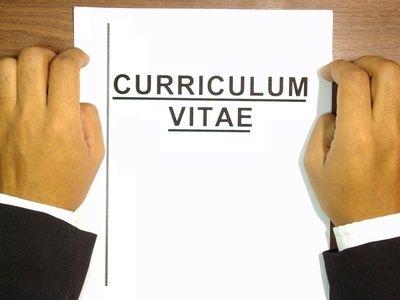- Study in AustraliaAustralian Universities/CollegesPrograms by faculty AusAustralian VisasLife in Australia
- Study In New ZealandNew Zealand UniversitiesPrograms by Faculty NZNew Zealand VisasLife in New Zealand
- Study in CanadaUniversities/Colleges in CANADAPrograms by faculty CanadaCanadian VisasLife in Canada
Curriculum Vitae
| Curriculum Vitae (Resume) | |||
| an outline of a person's educational and professional history, usually prepared for job applications (L, lit.: the course of one's life). Another name for a CV is a résumé. A CV is the most flexible and convenient way to make applications.It conveys your personal details in the way that presents you in the best possible light.A CV is a marketing document in which you are marketing something: yourself! You need to "sell" your skills, abilities, qualifications and experience to employers. It can be used to make multiple applications to employers in a specific career area. | | ||
 | |||
| For this reason, many large graduate recruiters will not accept CVs and instead use their own application form. An application form is designed to bring out the essential information and personal qualities that the employer requires and does not allow you to gloss over your weaker points as a CV does. In addition, the time needed to fill out these forms is seen as a reflection of your commitment to the career. What information should a CV include? Personal details Normally these would be your name, address, date of birth (although with age discrimination laws now in force this isn't essential), telephone number and email. Education and qualifications Your degree subject and university, plus A levels and GCSEs or equivalents. Mention grades unless poor! Work experience
Interests and achievements
Skills
References
| |||
For more information, please contact one of our offices
Study in Australia | Study in the UK | Study in Malaysia | Study in Canada | Study in the USA | Study in New Zealand
Editor: Nina Zarabi














